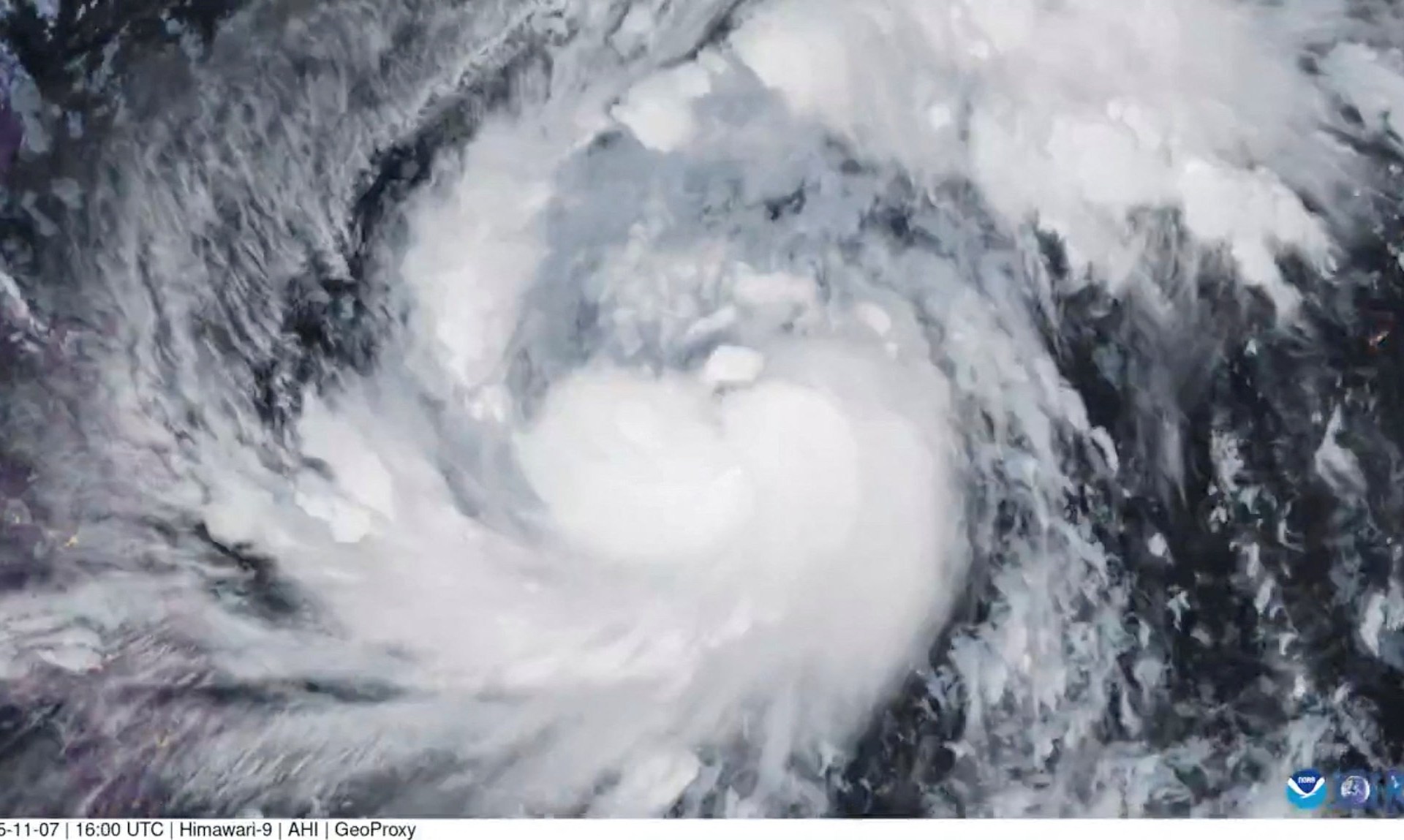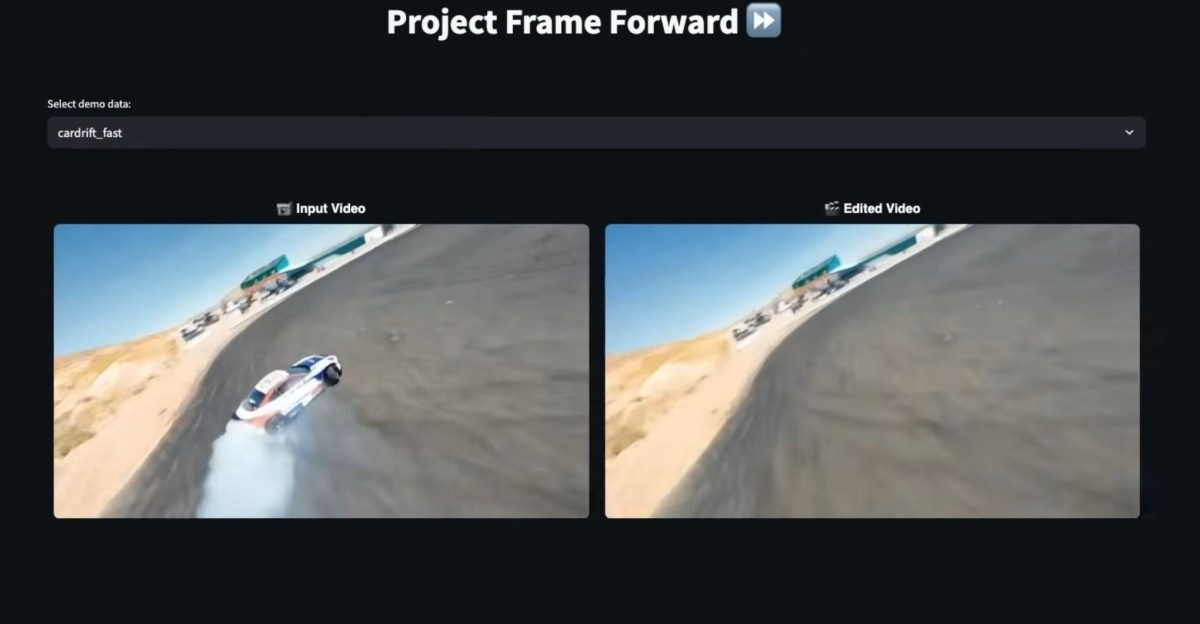On 8 July 2013, the newly elected Pope Francis travelled to the island of Lampedusa to speak of the migrants who had died crossing the sea: “These brothers and sisters of ours were trying to escape difficult situations to find some serenity and peace; they were looking for a better place for themselves and their families, but instead they found death.”
He went on to say: “Our shared response may be articulated by four verbs: to welcome, to protect, to promote, and to integrate.”
Later that same year, a boat carrying over 500 migrants from Eritrea, Somalia and Ghana caught fire and capsized near Lampedusa, killing at least 368 people.
Now, we have a proposed system that is, as Stella Creasy describes, “not just performatively cruel, it’s economically misjudged” (ICE-style raids on Britain’s streets: that’s all Labour’s brutal asylum reforms will achieve, 17 November). Pope Francis inspired our parish deanery group to apply for and support a Syrian family to come to Britain and establish themselves. In our area, support came from many unforeseen sources and appeared unanimous as people came together in a spontaneous act of welcome. It’s what Britain can be about.
David Murray
Wallington, London
I am horrified and appalled by the new proposals on asylum. I could write a book about what is wrong with them, but I will say this to give food for thought. My husband and I have paid the university fees for a former asylum seeker who has been here for more than 20 years, but still doesn’t have indefinite leave to remain (ILR) and could not access student finance. She is about to graduate with a first-class degree and will make an excellent addition to the staff of our local children’s hospice, where she has been working as a nurse assistant since being granted leave to remain on the 10-year route, where the visa must be paid for and renewed every 30 months.
She has struggled financially, and juggled studying and working at the hospice with bringing up two children as a single mum and caring for her sister who has stage four cancer. She put off applying for ILR because she couldn’t afford it. We are so proud of her.
Many refugees are keen to work in the caring professions and imposing limbo of 20 years will deprive us of their potential to contribute towards a country that needs them in the workforce.
It is a simple matter of economics as well as being broad-minded and broad-shouldered enough to have the compassion to support people whose only wish is to settle down and live in peace.
Lucy Lucy
Former chair, Dash – Destitute Asylum Seekers Huddersfield
Two volumes of the Yearbook of the Research Centre for German and Austrian Exile Studies (volume 23 – 2024 and volume 24 – 2025) were launched the day afteryou published your editorial (17 November) and Diane Taylor’s article (Labour’s asylum plans are horribly cruel – but they’re also a mix of hype, old policy and unachievable promises, 17 November). The centre, led by Prof Charmian Brinson, has been working on the legacies of policies for asylum seekers, exiles, migrants or refugees from Nazism for more than 25 years. It has published numerous reports from those seeking refuge and their offspring.
My father’s life was plagued by antisemitism and Nazism, and becoming a refugee. In concluding her introduction to the launch, Prof Brinson quoted the closing sentence to my essay in volume 24. It is equally relevant as a critique of Shabana Mahmood’s proposals for asylum seekers, as many attending the launch attested: “The lesson of this surely is that we should try, as best we can, to make sure that refugees’ lives are made as good as they can be and not blighted by the scars of war and crimes against humanity, let alone racism and discrimination of any kind.”
Miriam E David
Professor emerita of sociology of education, UCL Institute of Education
I cancelled my membership of the Labour party after reading this article (Asylum seekers’ jewellery could be seized to pay for processing costs, says Home Office minister, 17 November).
In his desperate – and futile – efforts to woo Reform UK voters, Keir Starmer appears to have forgotten the need to keep his core supporters on side. We’re not all depraved, hate‑filled ghouls.
Some of us still have compassion for those who have escaped the most heinous of circumstances. And some of us would still like to feel a little pride in how our country helps those who are less fortunate.
Dr Rachel McNulty
Ramsgate, Kent
What’s dividing the country isn’t the asylum system, it’s the fact that politicians across the spectrum are constantly telling us how terrible it is (Asylum system in UK ‘out of control’ and dividing country, home secretary says, 16 November). There’s about one person seeking asylum for every 650 people in this country.
Most of us would be completely unaware of this apparently massive “pressure” this is causing, if politicians didn’t keep telling us that it’s dividing us. There are local problems where asylum seekers are housed in unsuitable accommodation with nothing to do – fix that by all means. Clear the application backlog by resourcing the Home Office properly and stop the arrival of people on boats by enabling the processing of applications in France. Stop banging on about how broken it is.
Mark Walford
London
Steve Reed, the communities secretary, asks: “What kind of system is it if it has within it incentives that encourage parents to put their child on such a perilous journey on the open seas?” Could it be a system that has deliberately closed off all the safe and legal alternatives (Asylum changes seek to use children as a weapon, says Labour peer Alf Dubs, 18 November)?
Katy Jennison
Witney, Oxfordshire
Those wishing to find out more about some of the very troubling impacts of the harsh Danish asylum system should see the Guardian’s May 2022 documentary, Sending Aya Back, which is on its website.
Joe Curran
Dublin, Ireland


